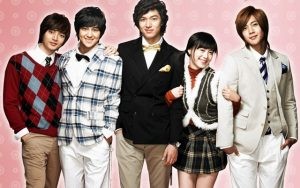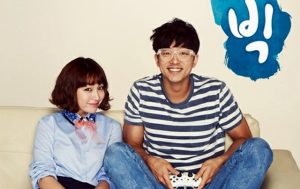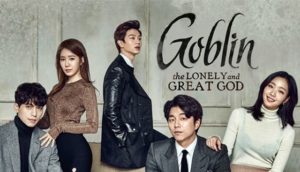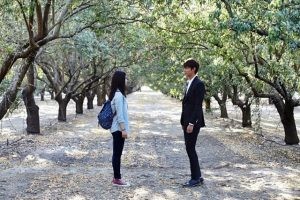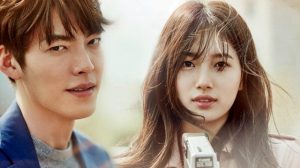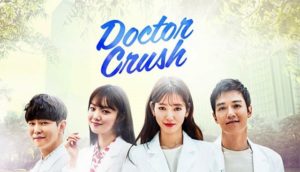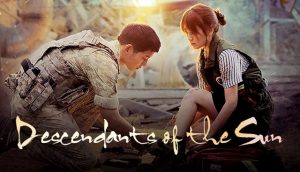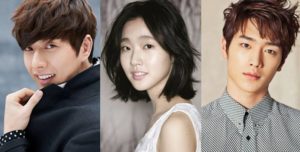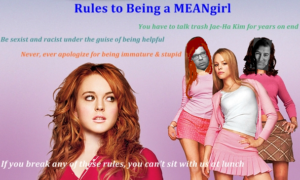Let’s cut to the chase: the plot revolves around a high school student and a doctor who switch bodies after an accident. Yoon-Jae, the 30something doctor is in a vegetative state in the body of 17-year-old Kyung-Joon. Meanwhile, the teenager is alive and well, but he is trapped in the buff body belonging to Gong Yoo, er, I mean Yoon-Jae. Caught between these two is Gil Da-Ran, a wet dishrag of a woman, who (despite her beauty) has absolutely no confidence in herself. When she realizes that Yoon-Jae really isn’t Yoon-Jae and that it may take a while for the two to switch bodies again, she plays along with the charade.
